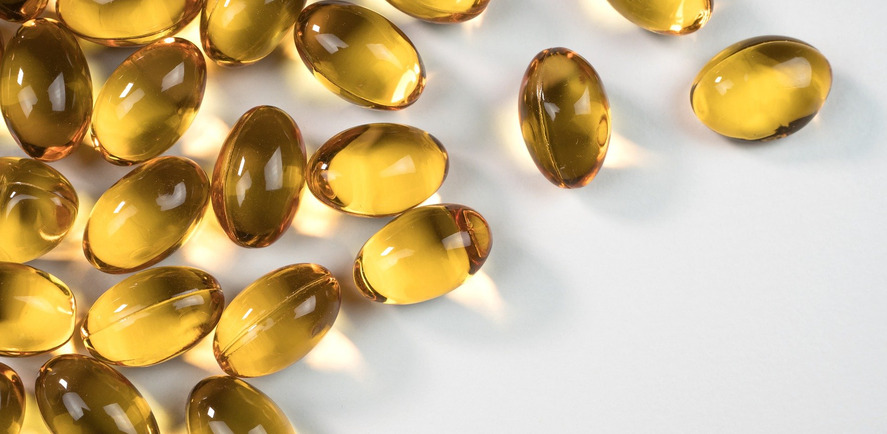The roles that vitamins & minerals play in the human body are numerous. That is why they are attached with much importance in diet ary schemes. You can take a look at Uk.Collected.Reviews for reviews and vital information about this and those of diet & health companies.
Let’s now take a look at what vitamins & minerals are all about.
What Are Vitamins & Minerals?
Vitamins are organic materials manufactured by plants and animals, while minerals are inorganic substances present in water and which plants and animals derive through absorption from soil and by consumption respectively.
Both are vital nutrients for body growth and development. And eating healthily provides you with the right quantity required by the body system. However, excess intake can lead to unwanted health consequences. Thus, moderation is advised.
Your body system is an engine that is always on the prowl to ensure stability. All of its activities depends on the amount of nutritional value been injected into it through consumption. And because the body can’t produce most of these enrichments by itself, among which vitamins & minerals are key components, we must make adequate provision for it.
You can read these reviews of Foodspring and Predator Nutrition, companies that offer nutritional solutions that you may need.
Vitamins
Vitamins are organic micronutrients (because they are required only in minute quantities by the body) that can be acted upon by air, heat and acid. They are grouped into water-soluble and water-insoluble.
Water-soluble Vitamins
Water-soluble vitamins are present in many plants and animal foods. They are easily absorbed into the body system but are not stored. This is the reason why a daily intake is of the utmost essence.
There are 9 water-soluble vitamins. They include vitamin C (citrus fruits and vegetables), Niacin (legumes, meat and fish), Riboflavin (liver, cereals, milk, and vegetables), Vitamin B6 (poultry, meat, fish, vegetables and fruits), Vitamin B12 (meat, milk and eggs), Thiamine (carbohydrates, vegetables and eggs), pantothenic acid (meat, avocados and broccoli).
Water-insoluble vitamins
They are also known as fat-soluble vitamins because they are absorbed with the help of lipids. There are 4 fat-soluble vitamins. They include vitamin A (fruits and vegetables), Vitamin D (eggs, liver, fish and certain mushrooms), vitamin E (fruits, vegetables and nuts), and vitamin K (vegetables, egg yolk and liver).
Minerals
These refer to chemical elements needed by the human body for proper functioning. Most of these minerals are obtained by humans through plants which absorb them from the soil and from drinking water too.
Calcium, potassium, sodium, magnesium and phosphorus are the 5 chief minerals required by the human body. Others are referred to as trace elements, and they include iodine, sulfur, zinc, iron, copper, chlorine, manganese, molybdenum, etc.
Importance of Vitamins & Minerals to Health: What Do Vitamins & Minerals Do?
A lot of people keep asking what do vitamins & minerals do. This inquisition usually stems from the fact that these nutrients are required in small quantities, and yet either a lack or an excess of them lead to certain health problems.
Vitamins play a wide range of roles in the body. Thiamine, niacin, biotin and pantothenic acid partake in energy metabolism. Riboflavin aids in good vision and healthy skin. Folic acid aids in the production of DNA and red blood cells. Vitamin C is needed for protein metabolism, iron absorption and strengthening of the immunes system.
Minerals, on the other hand, help in the production of strong bones, energy production, and appropriate operation of vitamins.
In conclusion, it should be noted that despite the dividends, there are also health problems of vitamins and minerals caused by either deficient or excess intake of them. Thus, it is imperative we know the amount required for the proper functioning of the body.






